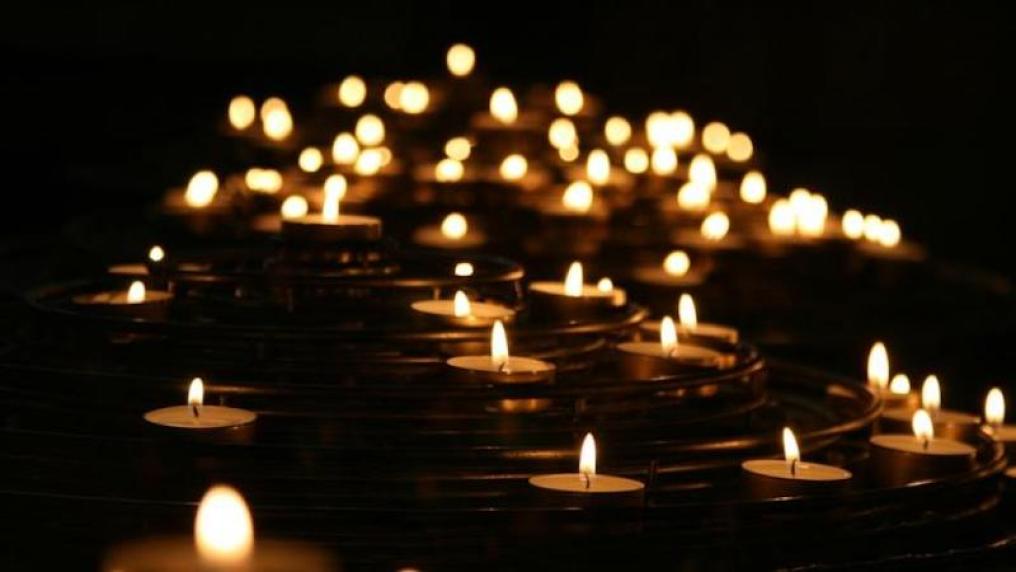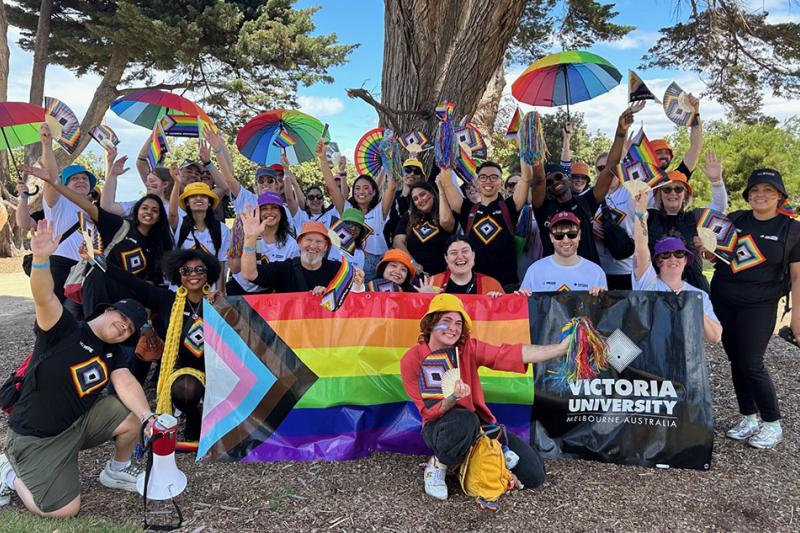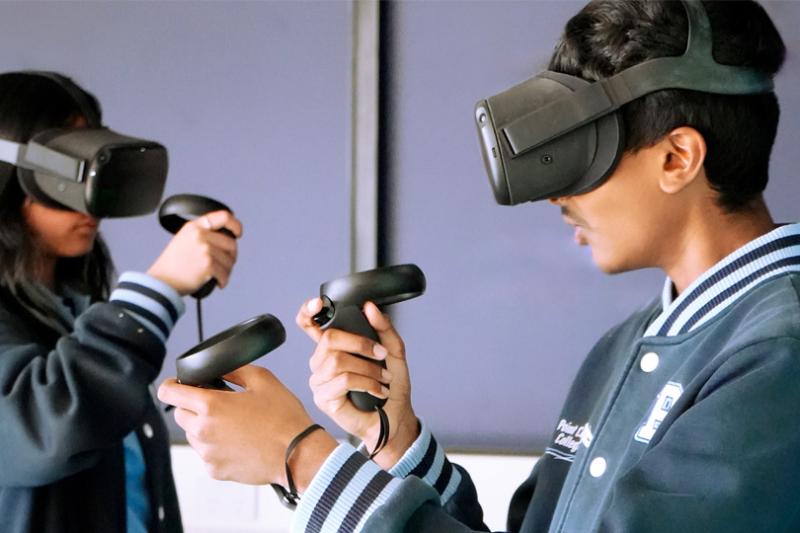How COVID-19 has changed the way we grieve

None of us are immune from the pain that comes with losing a loved one, but the arrival of COVID-19, the global pandemic that continues to play havoc with our lives, has also had a profound impact on the way we experience loss and grief.
Dr Glen Hosking, a Clinical Psychologist at Victoria University, says local and international border restrictions means people have been unable to be present with loved ones facing the end of life or to attend the funerals, which can provide solace and ease the pain of loss.
“I have experienced both patients in my work as a psychologist, and people in my personal life who have been impacted in these ways. Together with making the experience of losing a loved one even harder, not being able to be with family and friends or to attend funerals raises significant issues on how people can deal with and adapt to their loss, which also has implications for their ongoing mental health,
” said Dr Hosking.
The rituals associated with death and dying are profoundly important and provide an opportunity for family and friends to gather to support each other and commemorate and celebrate the life of the deceased.
Since early 2020, countless people have been unable to participate in these rituals. “When someone experiences the death of a loved one overseas and is unable to be with them or attend the funeral, there is a possibility that this impacts their ability to grieve or process their loss. When this occurs, symptoms may include frequent and ongoing intrusive thoughts of the person who died, preoccupation with sorrow, excessive bitterness, disconnection from previous social relationships, difficulty accepting the death, and thoughts of hopelessness and helplessness. These symptoms may persist and have a significant impact on the individual and their day to day functioning.
”
Dr Hosking says there are several ways to help people who are struggling with the fact that they were not able to be with their loved one in their final hours, or was unable to attend end of life rituals. “Make time to remember the person you have lost, connect with others who knew the person, express your frustration about not being able to attend, and although we are all tired of online meetings, attending a virtual funeral, while far from ideal, is better than nothing at all.
”



